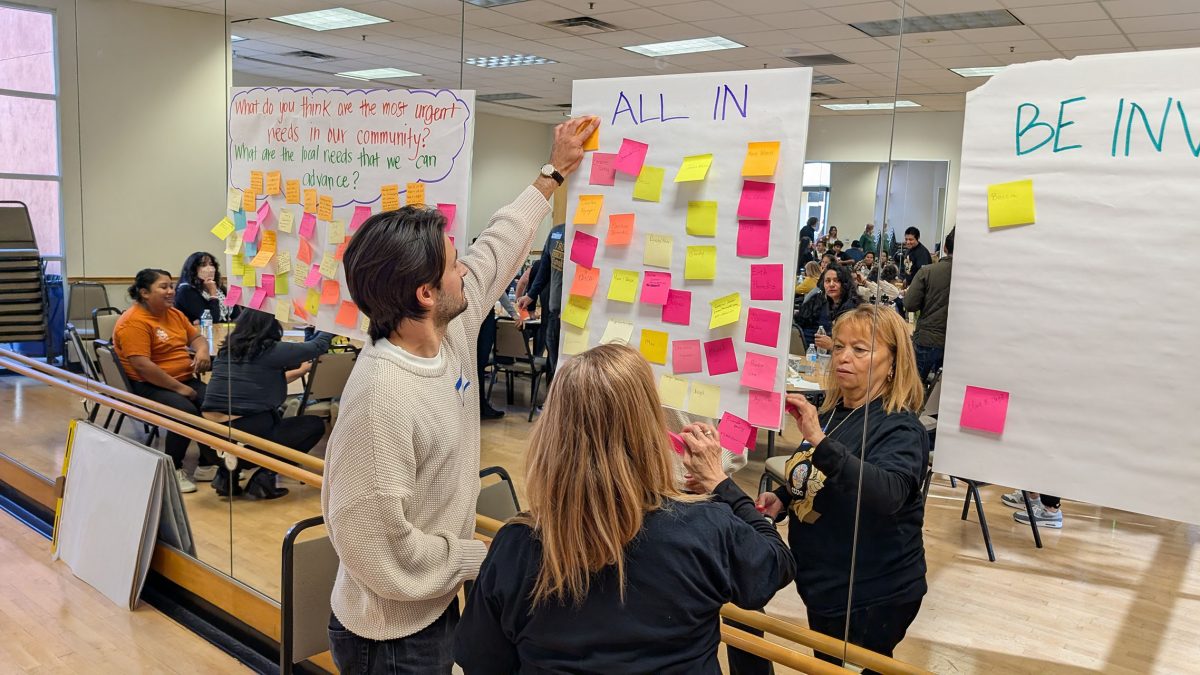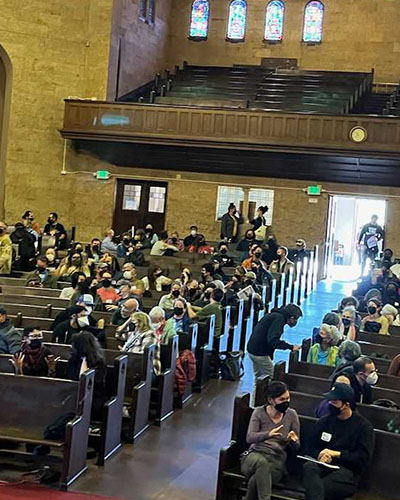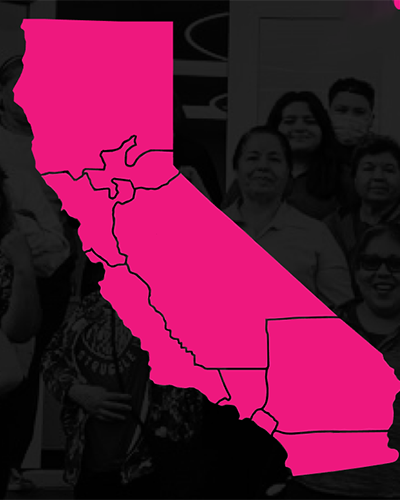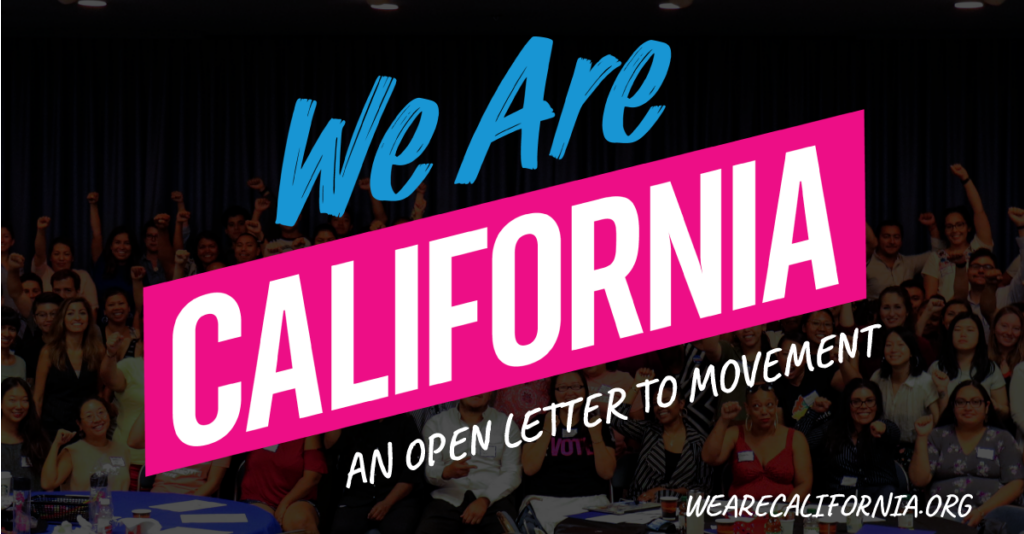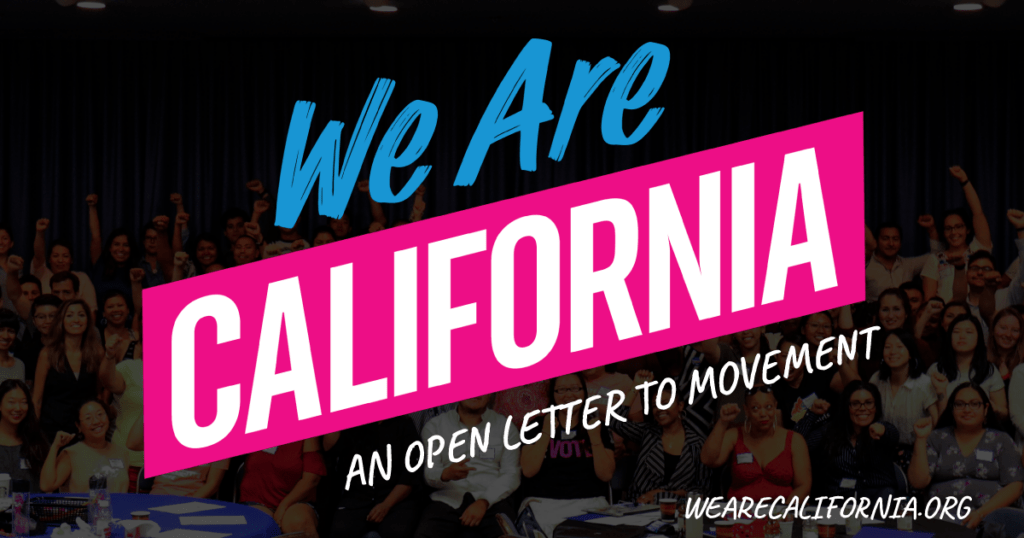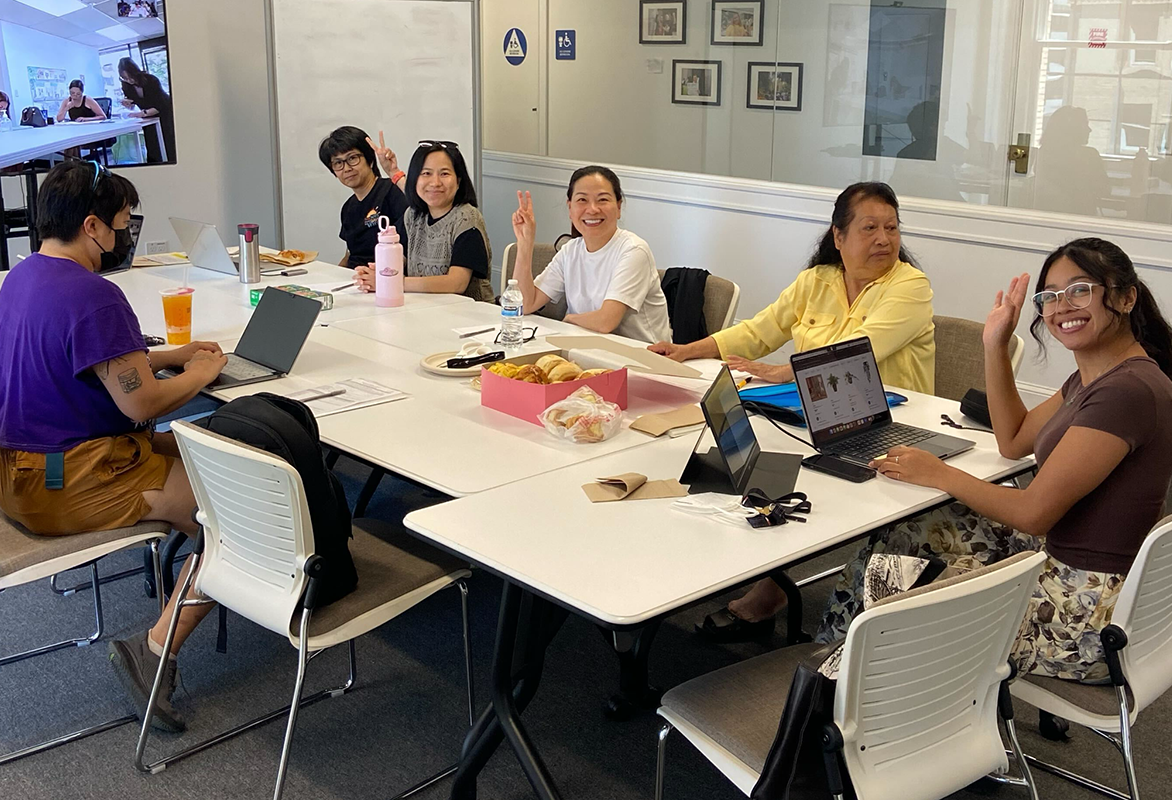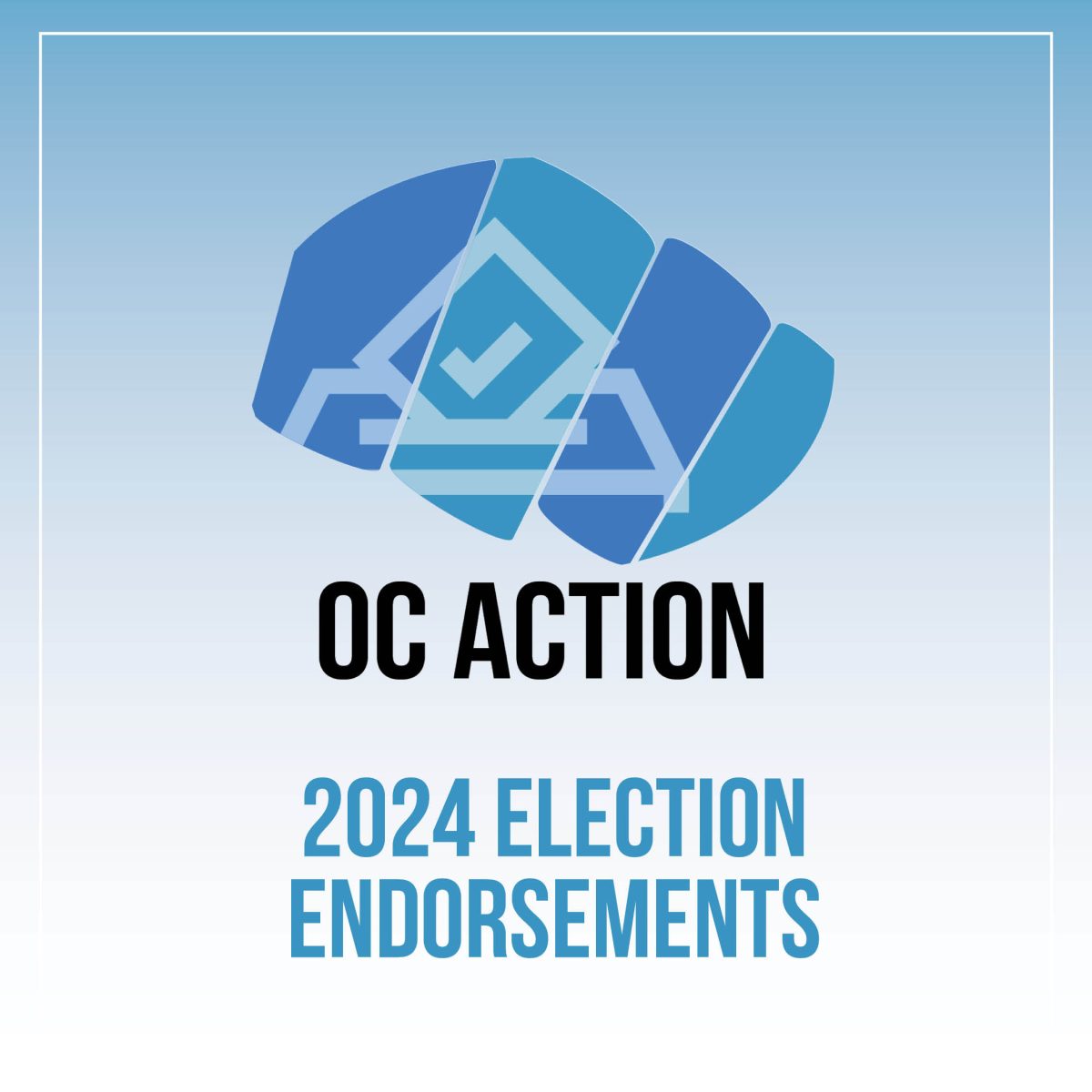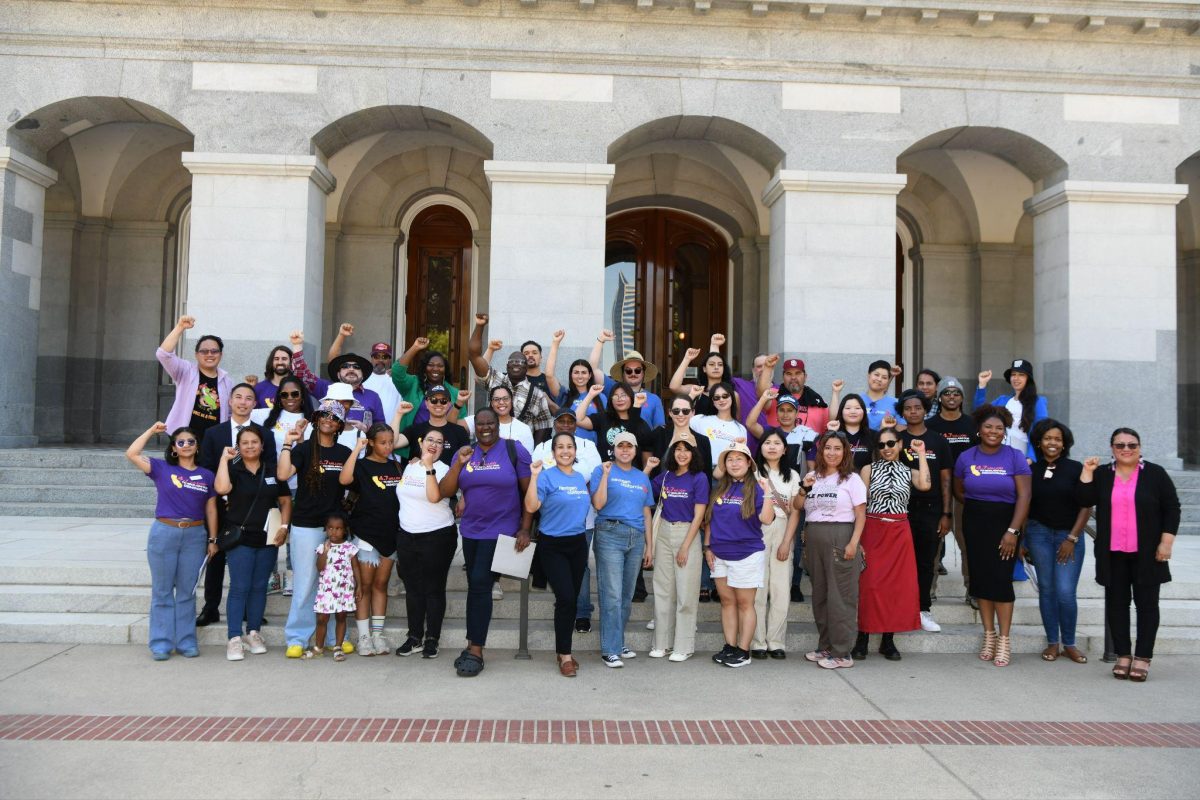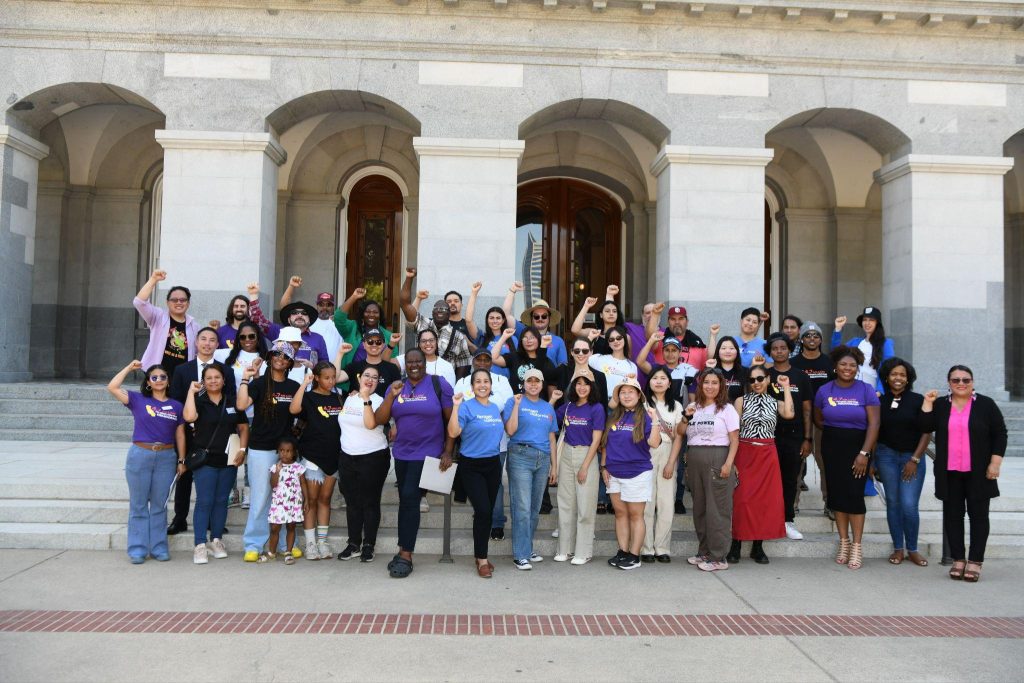Thank you so much for joining us last Saturday at the We Are California – Orange County Regional Convening. Together, we joined more than 1,000 community members who also came to connect, reflect and build power together from Oakland, San Jose, and Fresno, to Los Angeles, San Diego, and our convening in Santa Ana.
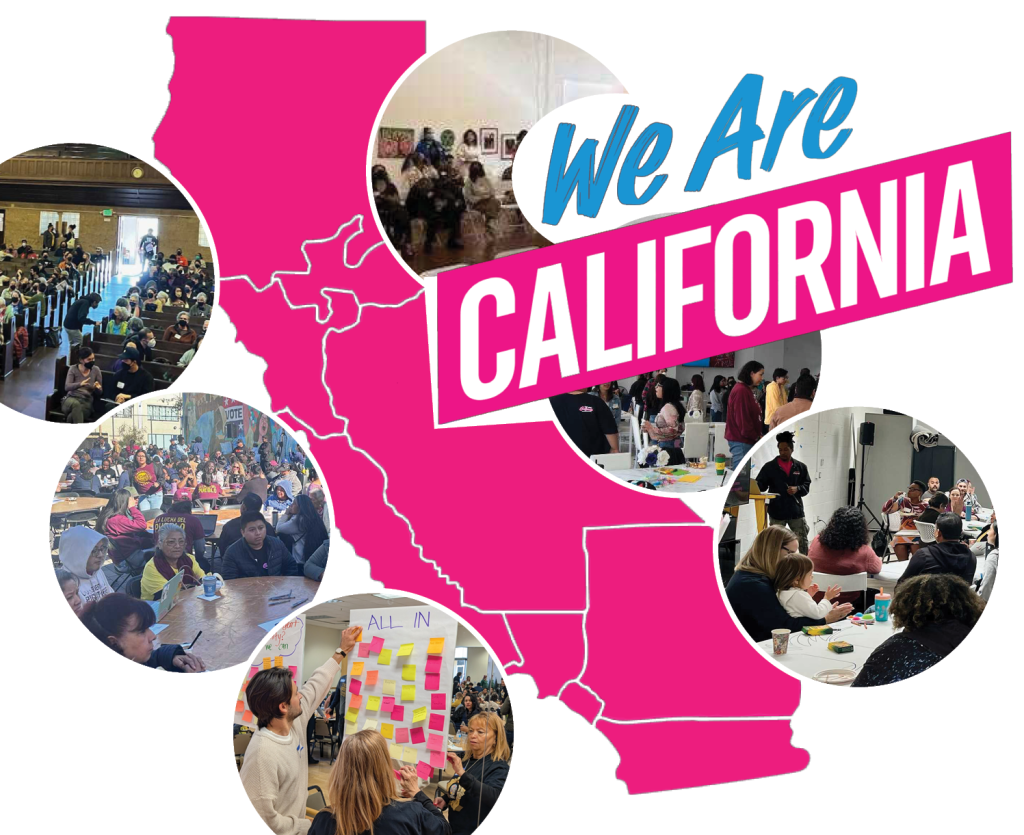
Across the State, community members shared our vision of a California and Orange County where all of us are free, and that we make this possible by caring for one another and our communities. Together, we will advance a California where everyone belongs, and where everyone can afford to live and thrive.
At our Orange County event, over 70 parents, students, and allies from diverse communities came together to process this moment together. Writer, Sandra De Anda, shared her poetic stories about her identity and upbringing in Santa Ana and memories of home, and together, we took several collective breaths to ready our bodies, hearts and minds for our time together.
In pairs and small groups, we shared our sentiments of grief, fear and memories of an administration that showed an eagerness to harm our Black, Indigenous and people of color, immigrant, LGBTQ+ communities. We reflected on the most pressing issues in our communities that are needed to advance. Many expressed concerns on the rising cost of housing (and limited affordable housing) and the immediate needs for protections for immigrant families in the face of looming anti-immigrant policies and mass deportation threats.
Lastly, we shared how we can care for one another and build more belonging in this moment. Our story-sharing solidified the truth that we are stronger when we come together with common goals. When we speak with one voice with a shared understanding of the challenges we are facing, we are able to push back and continue a progressive transformation of our cities and County. There is much work to do to protect immigrant and working families by building governing power locally. Through organizing, our community’s progressive voices are represented in the halls of cities, school districts and congressional districts across Orange County.
We invite you to join us and others in Orange County and across the State as we build a united front to protect our communities and our progress, and build a better Orange County where everyone belongs, can live in community, and thrive.
Let’s regroup and continue our work in December, January and beyond. We will reach out for a follow-up virtual gathering in the coming weeks and re-convene for another in-person gathering in early 2025.
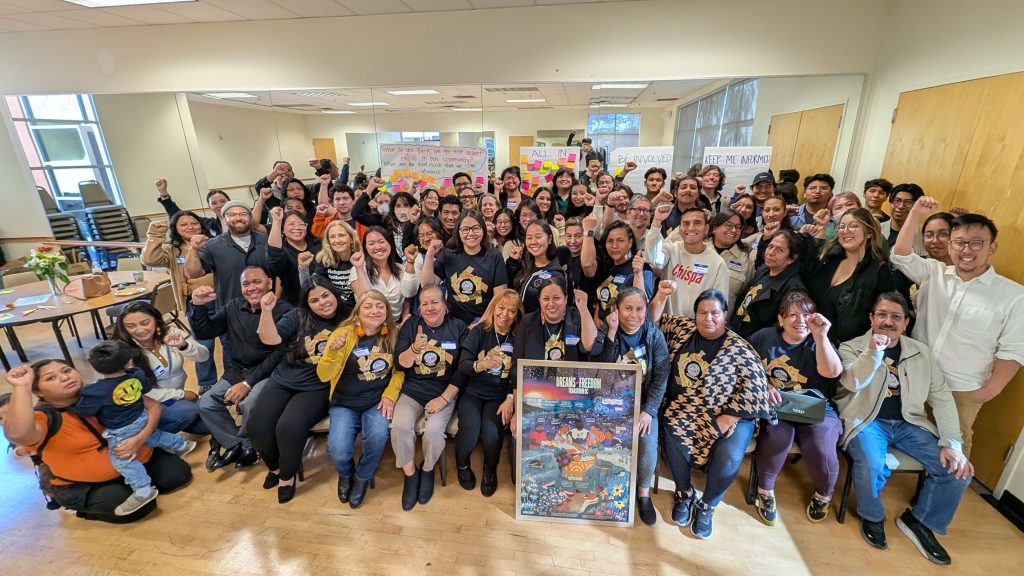
In Solidarity,
OC Action
Email us at social@ocaction.org to stay in touch and receive updates of future actions and meetings!

